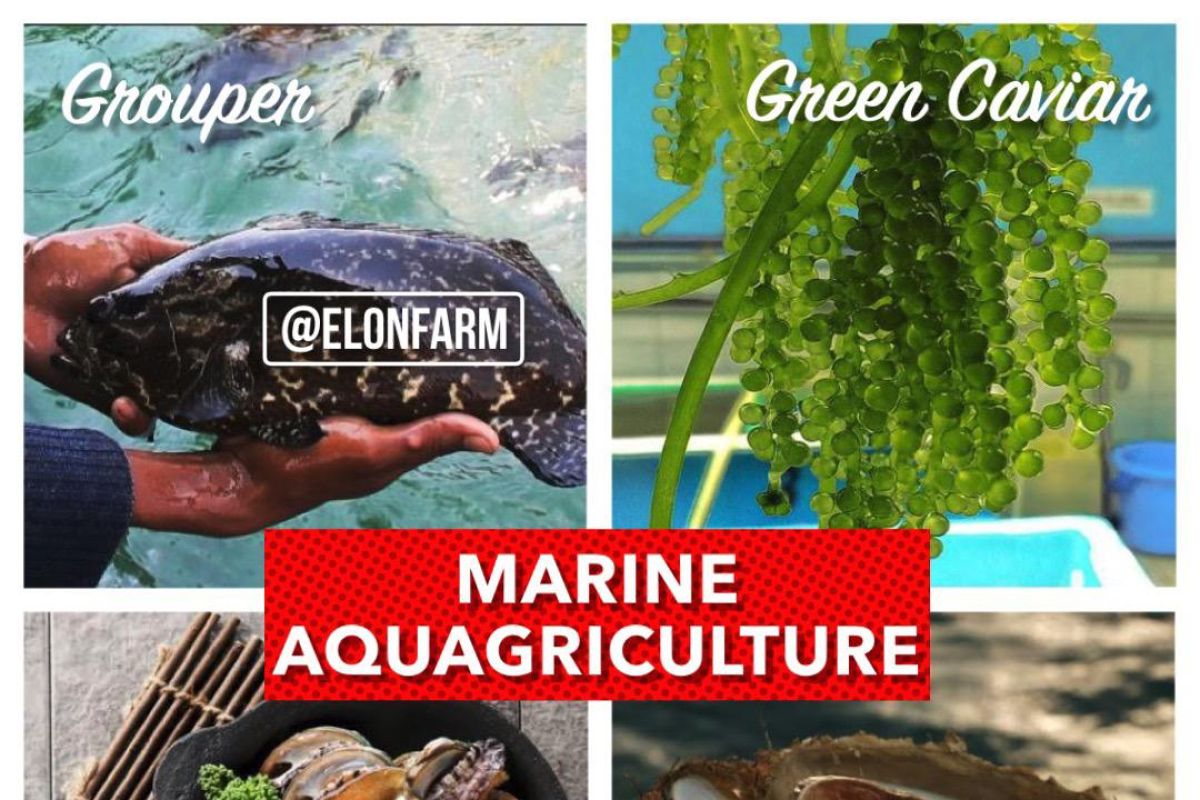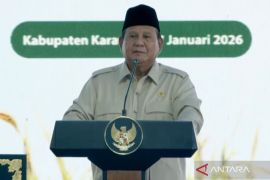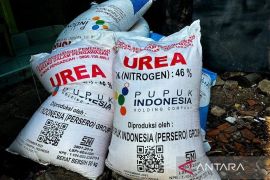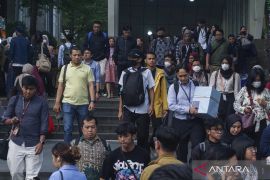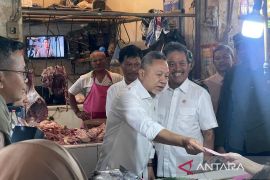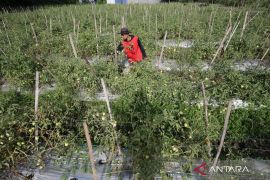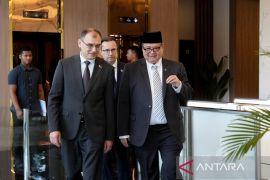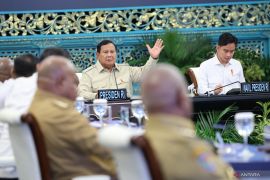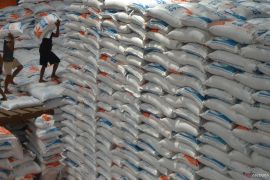Marine aquagriculture will become one of the future solutions to produce marine material-based foods en masse for domestic needs and exports.Jakarta (ANTARA) - An Indonesian researcher has developed a marine ‘aquagriculture’ method, or “seawater-based modern agriculture”, to resolve the looming threat of food scarcity as a result of the COVID-19 pandemic.
"This method has worked and (has been) developed in several industrial-scale places in Bogor area, West Java," the researcher, Dr. Joel, said in a written statement released on Thursday.
Hopefully, the method will serve as an answer to the threat of food scarcity caused by the COVID-19 pandemic, he added.
While almost all countries are worried about food stocks, food security has become a central issue worldwide, Dr. Joel, who graduated from the Bogor Institute of Agriculture (IPB), noted.
Therefore, it is reasonable for all countries to compete with one another to innovate new technologies to produce food, he remarked.
Indonesia has been continuing to innovate technology to ensure food sovereignty and self-reliance, in pursuit of food security, he noted.
Dr. Joel said the Elon Farm Research Team he set up has already developed a freshwater “aquagriculture” method, which allows optimal use of farm land within a water recirculation ecosystem to cultivate at least four commodities such as fish, giant prawns, vegetables, and freshwater pearls within one system.
Elon Farm is in the process of developing marine “aquagriculture”, which applies the same methods as freshwater “aquagriculture”, he added.
The difference between the two methods is that marine “aquagriculture” uses seawater, and its cultured commodities include grouper, abalone shells, pearl oysters, and sea grapes.
“Marine aquagriculture will become one of the future solutions to produce marine material-based foods en masse for domestic needs and exports,” Dr. Joel said.
In addition to seawater-based food production using modern and clean facilities, marine “aquagriculture” will be very good if combined with marine ecotourism to attract foreign and domestic tourists, he noted.
“We, along with the team are installing the system. May this innovation serve as a milestone for the progress made by the Indonesian nation, particularly in food security, and the result will be visible in mid-December, 2020,” he said.
Related news: Report indicates government accelerated sustainable food production
Related news: BRG develops 14 food resilience-based villages in peatland areas
Related news: World Food Day calls for solidarity, more resilient, robust systems
Translator: Hanni Sofia/Suharto
Editor: Sri Haryati
Copyright © ANTARA 2020
